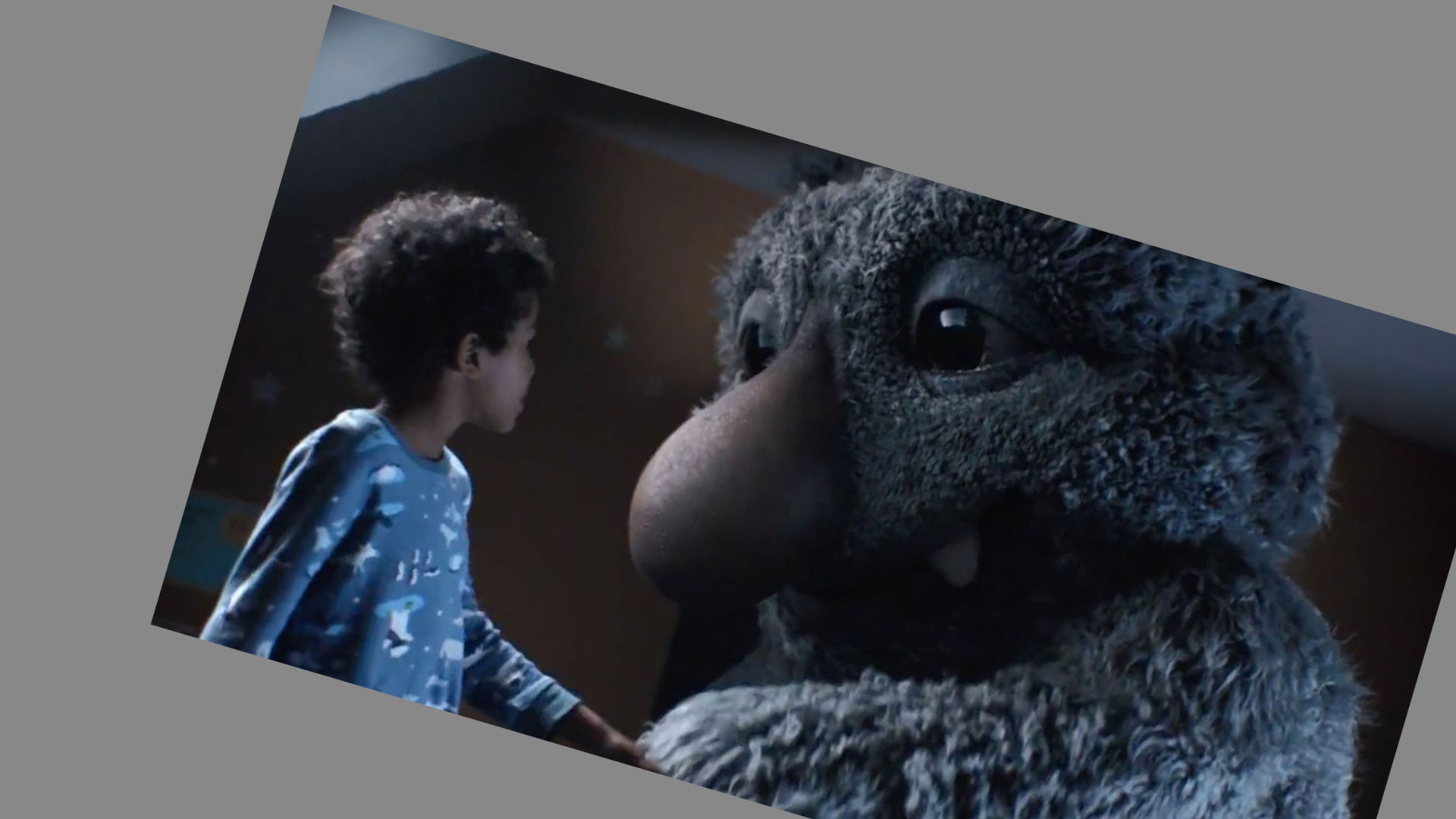
Most kids have a Moz – half of children have imaginary friends
Most kids have a Moz – half of children have imaginary friends
Child development expert Dr Paige Davis explains why John Lewis got the ‘Moz the Monster advert’ just right
AS many as half of all children have an imaginary friend. This means that 2017’s big budget Christmas commercial from retail chain John Lewis will have struck a chord in countless households (see video below).
It has also earned the approval of University of Huddersfield psychology lecturer Dr Paige Davis, who is established as one of the world’s leading academic researchers into the widespread phenomenon of the imaginary companion (IC) or the “personified object” – when imaginary life is breathed into a toy such as a teddy bear.
Story continues below...

The new John Lewis Christmas advert – believed to have cost £7 million – features a small boy and his enormous imaginary friend named Moz, who helps banish his night-time fears.
Dr Davis, a developmental psychologist, was quick to see the commercial when it made its debut, watching it through expert eyes. “It’s really accurate,” was her verdict on the two-and-a-half minute film.
“I like the fact that the makers don’t stick to the antiquated idea that ICs are bad. Children use ICs functionally for many different purposes, and in this case it is to alleviate fear of the dark.
“The commercial is very accurate on how kids see their imaginary companions. This child really plays with the IC and has strong feelings for it.”
American-born Dr Davis – whose general interest in child development led to her speciality in ICs – relocated to the UK for doctoral study and her lecturing career and has now authored a sequence of academic articles on the subject of imaginary companions.
Her work has triggered widespread interest, having been featured in some high-profile US TV shows, and she is now working in unison with University of Huddersfield colleagues Dr John Synnott, Dr Maria Ioannou and Kalliopi Tzani-Pepelasis. They have formed The Imagination Consortium, which will take IC research a stage further.
Story continues below...

The consortium has formed a collaboration with a primary school in Yorkshire, where its members will work with approximately 30 children on the topic of imaginary friends and then, at various intervals, carry out simple tests designed to appraise whether or not social and educational skills have improved as a result of having an IC.
If this project succeeds, a number of primary schools in Nottinghamshire have indicated that they too could work with The Imagination Consortium, encouraging the study of children with ICs.
The research aims to dispel the myth of the IC as being problematic, and instead position Moz where he should be; as a supportive tool that a child can use to stop being lonely, talk through a problem with, or conquer a fear of the dark, which the John Lewis advert shows well.
Paige Davis
Dr Ioannou and Dr Synnott were initially working on the issue of bullying amongst young children as a part of PhD work by Kalliopi Tzani-Pepelasis. They found that there was crossover with the research of Dr Davis and began to work together to design the current project.
At one time, said Dr Davis, the standard response of teachers and parents was to worry about children who created fantasy friends. However, new theories developed in the 1990s argued that ICs could improve the mental, social, and verbal skills of young children.
Dr Davis has been building on this research, and her new projects will help her investigate what she describes as “the direction of causality” – whether or not the children who create imaginary companion are doing so because they have better mental skills.
The John Lewis 2017 big budget Christmas commercial